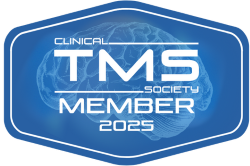
JOIN US! TMS Education Event - Tuesday, April 9th 5:30pm pst - Click to learn more!
Tinnitus
TMS for Tinnitus
Tinnitus, often characterized as a ringing or buzzing in the ears, is not just a singular condition but a symptom of various underlying causes. It can range from being a minor nuisance to a debilitating condition, impacting daily activities and quality of life. Understanding tinnitus requires an appreciation of its potential causes, which can include hearing loss, ear injury, or circulatory system disorder, and its psychological impact, such as stress, anxiety, and sleep disturbances.
Traditional Treatments for Tinnitus
- Medical Interventions: Medical interventions such as hearing aids and sound masking devices can sometimes mask tinnitus
- Tinnitus Retraining Therapy (TRT): Combines sound therapy with psychological techniques to habituate the brain to tinnitus.
- Avoidance of Loud Noises: Protecting the ears from further damage by avoiding excessively loud environments.
Detailed Mechanism of TMS in Tinnitus Treatment
- Neural Plasticity: TMS can induce changes in neural plasticity, potentially 'rewiring' the brain areas responsible for tinnitus, thus reducing its intensity or perception.
- Frequency and Intensity Regulation: Tailoring the frequency and intensity of magnetic pulses to address the specific neural patterns associated with an individual's tinnitus.
- Auditory Cortex Targeting: Focusing on the auditory cortex, where maladaptive neural changes associated with tinnitus are believed to occur.
Comprehensive Benefits of TMS for Tinnitus
- Non-Invasive and Drug-Free: A safe alternative to medication, which can be especially important for those who may experience side effects from tinnitus drugs.
- Potential for Long-lasting Relief: Some patients experience a prolonged reduction in tinnitus symptoms post-treatment.
- Improvement in Related Symptoms: Patients often report improvements in related issues such as sleep disturbances, concentration difficulties, and anxiety, enhancing overall well-being.
- Personalized Treatment Protocols: Each treatment plan is customized based on individual needs and the specific characteristics of their tinnitus.

What patients are saying
"Desperate and struggling, my therapist recommended TMS. With an open mind and cautious optimism, I tried it. In just five days, my anxiety improved significantly. The clinic staff was fantastic, offering counseling and education on anxiety. The whole experience, including aftercare and follow-up, made a huge difference. I wholeheartedly recommend Accelerated TMS at Kind Health Group. Thank you, Dr. Nanos, and your amazing team"
Müller, N., Lorenz, I., Langguth, B., & Weisz, N. (2013). rTMS induced tinnitus relief is related to an increase in auditory cortical alpha activity. PloS one, 8(2), e55557. https://doi.org/10.1371/journal.pone.0055557
Abstract Summary: This study explores the effects of repetitive transcranial magnetic stimulation (rTMS) on individuals with chronic tinnitus, a condition characterized by the continuous perception of phantom sound. The research investigates how different rTMS protocols affect tinnitus loudness and related brain activity, particularly focusing on oscillatory activity in various frequency bands (delta, theta, alpha, gamma). The study found that the effects of rTMS on tinnitus loudness varied significantly across patients, with a notable association between strong reductions in tinnitus loudness and increases in alpha power in the stimulated auditory cortex. Conversely, decreases in gamma and alpha power, especially in left frontal regions, were linked to an increase in tinnitus loudness. These findings highlight the potential of rTMS in affecting tinnitus-related brain activity and provide insights into the pathophysiology of tinnitus, which may guide the development of more effective therapeutic approaches.
Liang, Z., Yang, H., Cheng, G., Huang, L., Zhang, T., & Jia, H. (2020). Repetitive transcranial magnetic stimulation on chronic tinnitus: a systematic review and meta-analysis. BMC Psychiatry, 20, 472.
DOI:10.1186/s12888-020-02947-9
Abstract Summary:
This systematic review and meta-analysis evaluated the efficacy and safety of repetitive transcranial magnetic stimulation (rTMS) in treating chronic tinnitus. It included 29 randomized studies with 1228 patients. The study found that rTMS significantly improved tinnitus symptoms compared to sham treatments at various post-intervention periods, although the results were mixed for some time points and measures.
If this is a life-threatening emergency, please call 911 or the National Suicide Prevention Lifeline














































